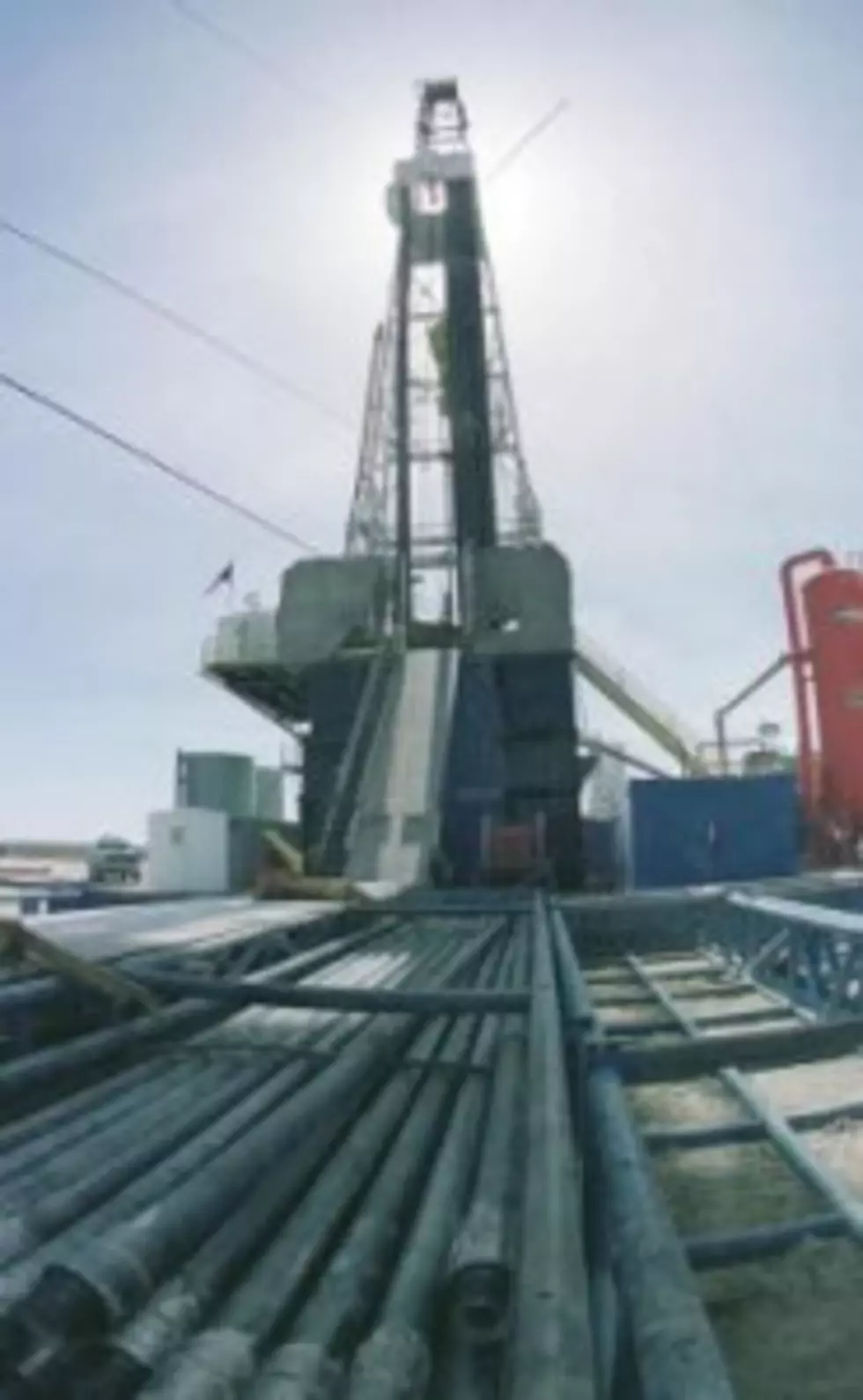
Wyoming Cashes In On Oil And Gas
Wyoming is singled out in a new report on oil, gas and coal development and how those projects affect state economics. Of five Rocky Mountain energy-producing states, Wyoming sees the highest percentage of monetary benefit because of the level of production and state severance taxes. Report author Julia Haggerty with Headwaters Economics says she also discovered that jobs are more closely connected to market prices, than state policies such as severance taxes.
"It’s price, not so much policy decisions, that determine the number of people that are employed and the size of the paychecks that they bring home."
Haggerty shares another insight to demonstrate how important it is for the state to diversify its economy. Wyoming saw the largest percentage decline in personal income during the recession among the five states studied.
"The more dependent you are on industries that track so closely with volatile commodities like oil and gas, the more you will be exposed to trends in those industries."
The “cost” to the environment and quality of life are additional economic factors that Haggerty says need more consideration…
"The cumulative impacts that are surfacing in these areas with regards to air quality, for example, as well as long-term impacts to residents who are dealing with the daily industrialization of their landscape."
Haggerty says Wyoming could do a better job in the way the state shares tax revenue with counties and towns. Only about five percent is returned to the areas developed, yet those municipalities have to bear much of the cost for infrastructure related to the development. Colorado shares half the revenue with energy-producing communities. Montana, New Mexico and Utah were also analyzed for the report.
from The Wyoming News Service
More From K2 Radio
![[PODCAST] Governor Mark Gordon Chats About Economy, Cannabis, and Culture Wars in Wyoming](http://townsquare.media/site/101/files/2023/02/attachment-Untitled-design-33.jpg?w=980&q=75)








